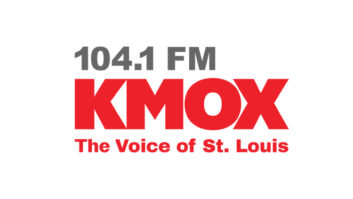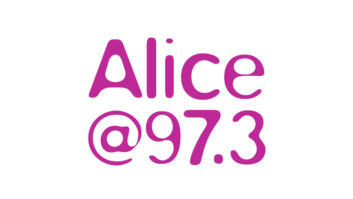Audacy’s voluntary filing of Chapter 11 bankruptcy raises questions about what a successful, planned reorganization — pending stakeholder approval and the FCC’s OK — will look like for one of the largest radio groups in the U.S.
Audacy’s leadership has put a positive spin on things, but filing for bankruptcy is a complex process, and potential potholes do exist, experts say.
Chapter 11 bankruptcy is often called a “reorganization” since it allows for incorporated businesses to reorganize their finances and develop a debt repayment plan that needs to be approved by a court, according to U.S. bankruptcy law.
The voluntary filing means no liquidation of the business will take place, and Audacy will continue operations. However, as part of the reorganization process, Audacy must show that it is capable of meeting all financial obligations going forward, including federal income and payroll taxes, according to the IRS.
Audacy’s prepackaged Chapter 11 filing, which will reduce its debt from $1.9 billion to $350 million, included a lifeline of an additional $57 million from existing lenders, which combined with the company’s cash operations is expected to keep the company operating while paying bills and employees.
The reorganization proceeding will be guided by a judge with the United States Bankruptcy Court for the Southern District of Texas in Houston. Dozens of filings from the debtors and Audacy have already populated the court’s docket.
Audacy, which is the second-largest radio broadcaster in the U.S., behind only iHeartMedia, owns some of the best-known radio stations in the country, like WINS(AM) and WFAN(AM) in New York City and KROQ(FM) in Los Angeles.
[Related: “Audacy Files for Chapter 11 Bankruptcy“]
Selling off some radio properties and real estate throughout the proceeding is not out of the question, according to a person familiar with the filing. In fact, Audacy is selling the land and buildings of its Phoenix cluster of radio stations for $10.5 million, according to a report in the Phoenix Business Journal. However, that agreement appears to have been in place before the radio group filed Chapter 11.
Radio World asked Jeffrey Tarkenton, an attorney in the bankruptcy and restructuring group at Womble Bond Dickinson (U.S.) LLP, about what Audacy and its employees are about to experience, and the expected outcome of its reorganization.
Radio World: What are the best practices for Audacy and its operations at this point? Is it business as usual?
Jeffrey Tarkenton: Audacy is in a Chapter 11 case and is a debtor-in-possession, [which means] the broadcaster can continue to operate in the ordinary course while it reorganizes in bankruptcy.
RW: What are the possible outcomes for Audacy?
Tarkenton: There are several potential outcomes. First, the company successfully reorganizes through the confirmation of a Chapter 11 plan of reorganization and exits bankruptcy and operates in the ordinary course of business.
There’s always a chance the company’s case could be converted to a Chapter 7 in which a trustee is appointed to liquidate the assets, and the debtor company ceases operations. That seems unlikely in Audacy’s case.
RW: Could there be cost-cutting throughout the process, or a sell-off of properties and real estate?
Tarkenton: Many Chapter 11 cases involve sale of all, or of substantially all, of the company’s assets. Audacy has negotiated a prepackaged Chapter 11 plan with its lenders which provides for the lenders to forgive debt in return for obtaining ownership of the company, which will result in Audacy not having to service as high of a debt load going forward.
I don’t know whether other cost-cutting measures will be needed or whether it may sell some assets.
RW: Is there the potential for a leadership change once it emerges from bankruptcy?
Tarkenton: Audacy will have new shareholders who will have the ability, if they choose, to change management.
RW: Who makes up the creditor’s committee and what is the role of the bankruptcy judge?
Tarkenton: Typically, the creditors committee in a Chapter 11 case consists of the five or seven creditors that hold the largest unsecured claims, and they are appointed by the United States Trustee’s Office.
The bankruptcy judge is responsible for adjudicating the motions and other matters that are filed in the case. Ultimately, the bankruptcy judge decides whether to confirm the Chapter 11 plan.
RW: What are the criteria for Audacy to emerge from bankruptcy?
Tarkenton: To emerge successfully from bankruptcy, Audacy must file and confirm a Chapter 11 plan. To confirm a plan, Audacy will need the support of at least one class of creditors and will need to prove to the bankruptcy judge that the plan is fair and equitable and does not discriminate against any class of creditors.
The fact that Audacy has filed a prepackaged plan suggests that it has the necessary support to confirm the bankruptcy plan.






